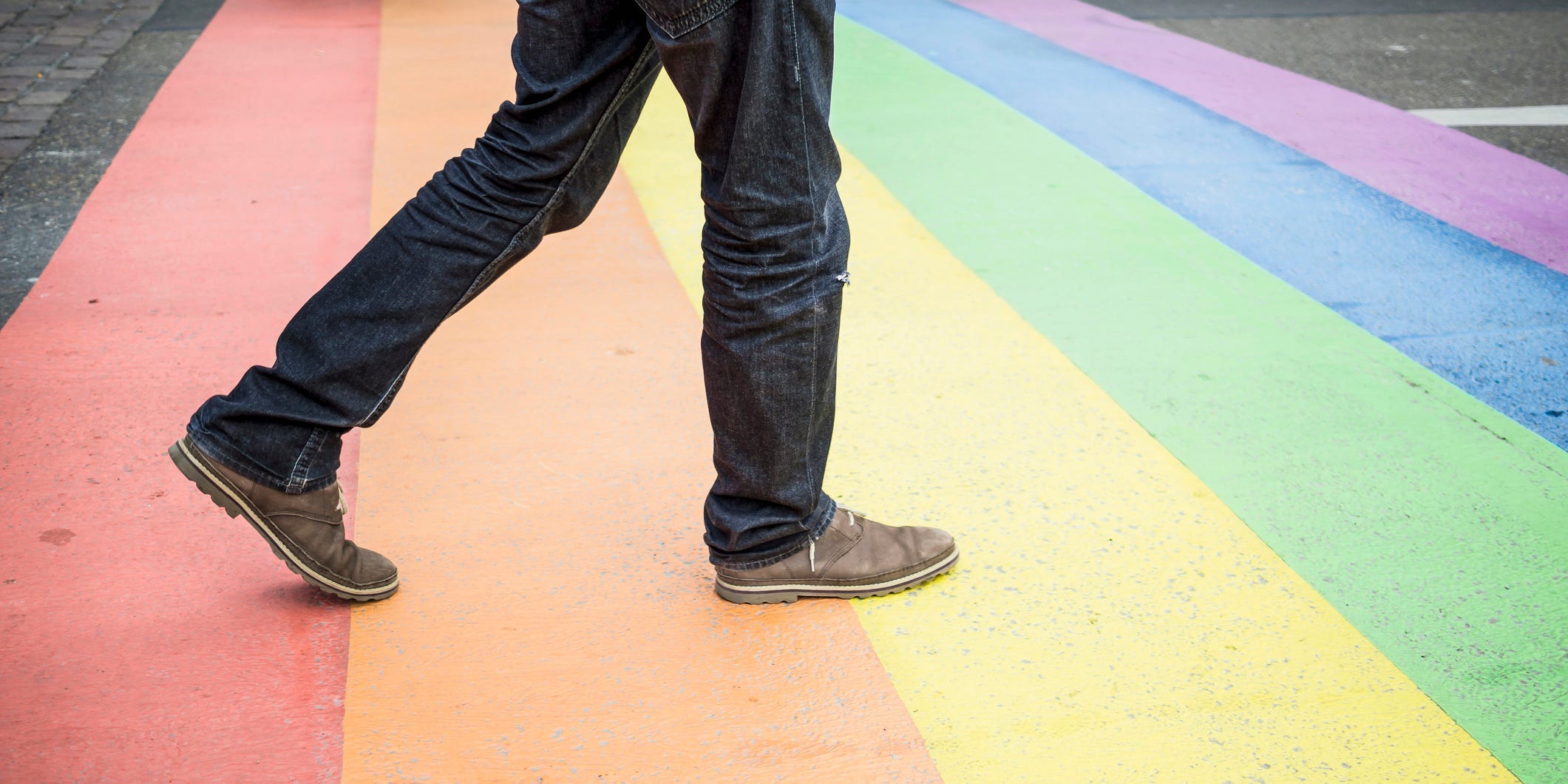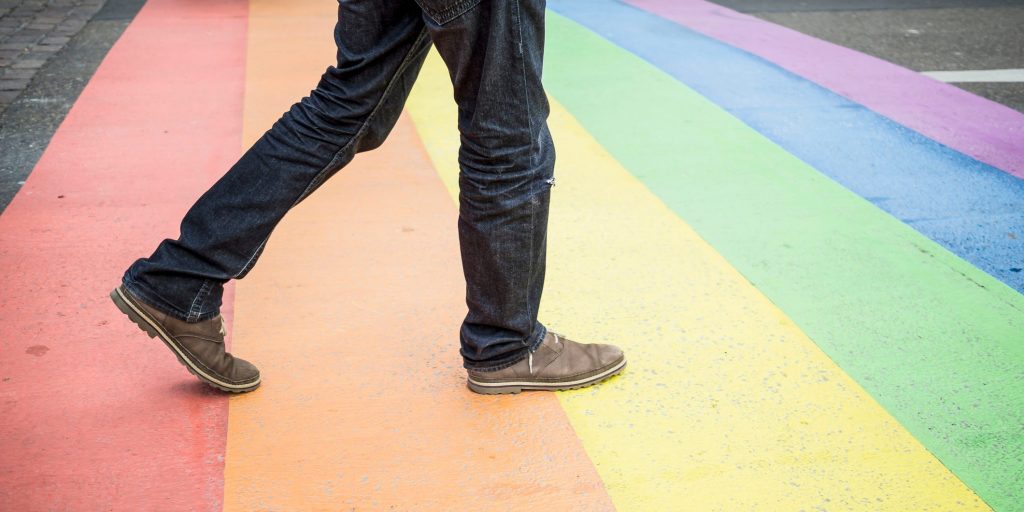
- Crypto appeals to marginalized groups of Americans as a way to build wealth, USA Today reported Sunday.
- In the LGBTQ community, 25% own crypto, compared with 23% for Black Americans and 13% overall, a Harris Poll found.
- These groups feel traditional banks exclude or exploit them, and crypto is seen as an independent channel for investment.
- Sign up here for our daily newsletter, 10 Things Before the Opening Bell.
Crypto is proving attractive to marginalized groups in the US who feel traditional financial institutions shun or take advantage of them, USA Today reported, citing data from Harris Poll.
Among the LGBTQ community, 25% own cryptocurrencies, compared with 13% of the general US public, the newspaper reported Sunday. For Black Americans, the figure is 23%, while for Hispanic people it's 17%, but just 11% in the white population. The findings are from surveys conducted by Harris in June and July.
The survey found a significant proportion of such groups felt the banking and loans industry was unfair in how it treated them – 43% of Black people and 39% of LGBTQ people, compared with 28% of Americans overall.
In addition, a majority of Hispanic (66%), LGBTQ (59%), and Black (58%) Americans said they did not feel welcome in traditional financial institutions. They described those channels as "not meant for people like me" and agreed that cryptocurrencies give them a way to hold and build wealth elsewhere.
"There has been a long history of discrimination in investments,'' Harris Poll CEO John Gerzema told USA Today. "And that could be why we have seen a wide demography of interest and inclusivity in crypto – because it's new, open and seemingly has fewer barriers to entry."
Digital currencies like bitcoin are decentralized, which means they do not have a central body governing their operations as most organizations do. That sets them apart from investments such as stocks or savings accounts, which are easier to track and regulate as they are offered by centralized financial service providers.
What is steering LGBTQ Americans to adopt crypto in higher proportion to the other marginalized groups appears to be their trust in crypto as a store of value. Only 20% of LGBTQ Americans said they are very concerned about the value of their crypto dissipating, compared with 50% of Black owners, 30% of white holders and 33% of the general public.
Digital payments provider Square is among companies backing efforts to educate marginalized groups about finance and to ensure access to financial services is open to them. In June, CEO Jack Dorsey's fintech gave a grant of 1 bitcoin to Black Bitcoin Billionaire, which promotes education about crypto and wealth accumulation.
